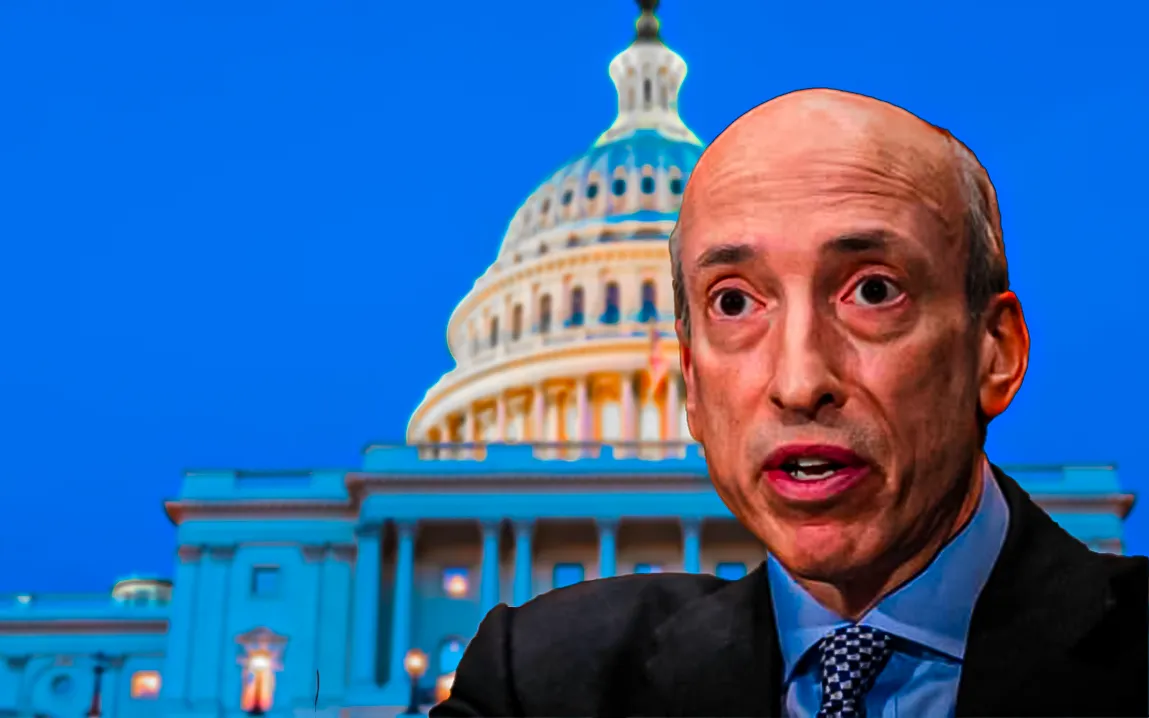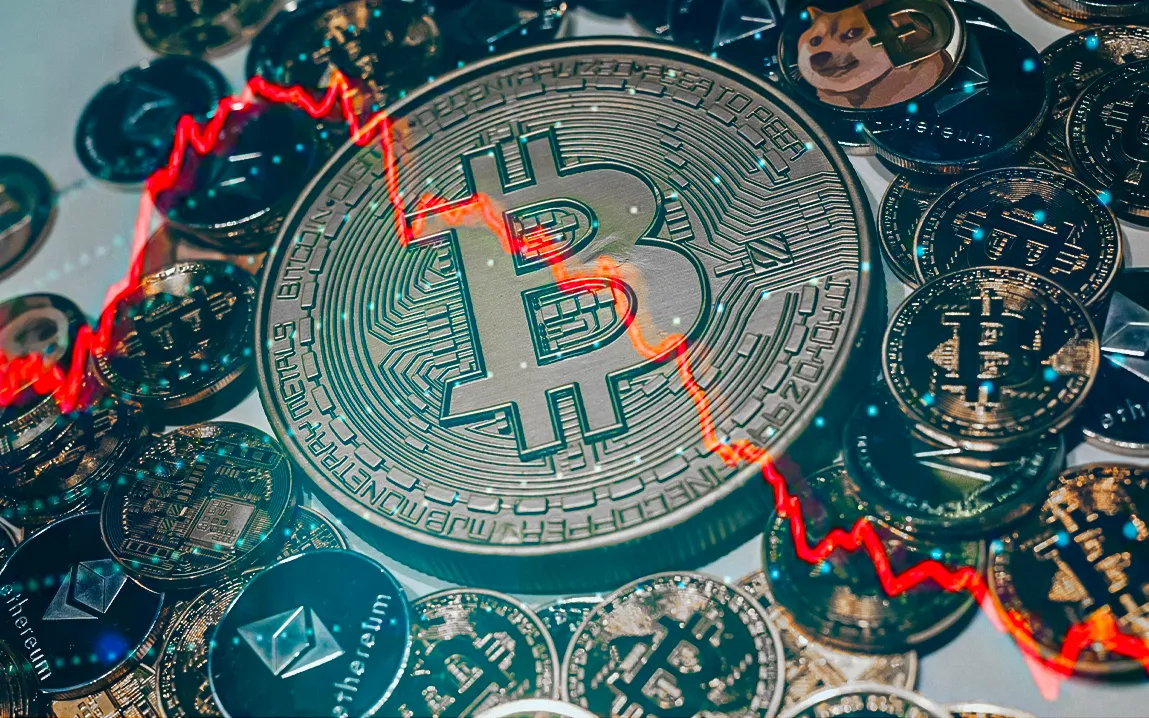Congressional leaders welcome SEC Acting Director Mark Uyeda’s move to exempt reporting of Personally Identifiable Information in the Consolidated Audit Trail, enhancing investor data privacy.
In a big step to safeguard American investors’ personal data, House Financial Services Committee Chairman French Hill (AR-02), Capital Markets Subcommittee Chair Ann Wagner (MO-02), and Representative Barry Loudermilk (GA-11) welcomed SEC Acting Director Mark Uyeda’s move to exempt reporting of Personally Identifiable Information (PII) in Reporting of the Consolidated Audit Trail (CAT).
Chairman Hill termed the move extremely important, saying, “With more than 60% of Americans’ personal information already in the public domain, it’s time to rein in unnecessary data collection that could put investors at risk of exposure to potential breaches.”
Representative Loudermilk, an ardent supporter of data privacy, underscored the dangers of bulk data collection. He said, “Not only is collecting all this unnecessary. but it also presents another security risk and a target for hackers.” He also proposed the Protecting Investors’ Personally Identifiable Information Act to restrict the SEC from obtaining sensitive information without a particular investigative need.
This legislative action has drawn support from a number of members of Congress. Senator Tommy Tuberville (R-AL) said, “The SEC’s personally identifiable information database would be a prime target for hackers.” Likewise, Congresswoman Ann Wagner (R-MO) underlined the significance of investor trust, saying, “Retail investors need to have confidence that their data is protected by the SEC and not subject to accidental or intentional data breaches.”
The Protecting Investors’ Personally Identifiable Information Act aims to restrict the SEC from seeking PII in some investigations of federal securities law violations and mandates the destruction of PII following an investigation. The act is part of a broader movement toward effective regulatory enforcement but maintaining individual privacy rights.



